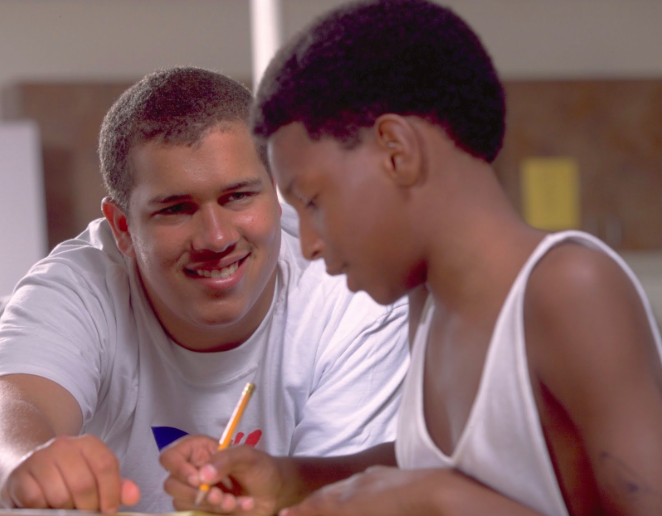Discrimination-Related Stress Affects Mental Health of Latino Teens, Particularly Those Born in the United States to Immigrant Parent
Sirin, S.R., Rogers-Sirein, L., Cressen, J., Gupta, T. Ahmed, S.F., and Novaoa (2015). Discrimination-Related Stress Affects Mental Health of Latino Teens, Particularly Those Born in the United States to Immigrant Parents. Child Development. Latinos are the largest and fastest-growing ethnic minority in the United States, comprising 15 percent of the total U.S. population, one third […]










